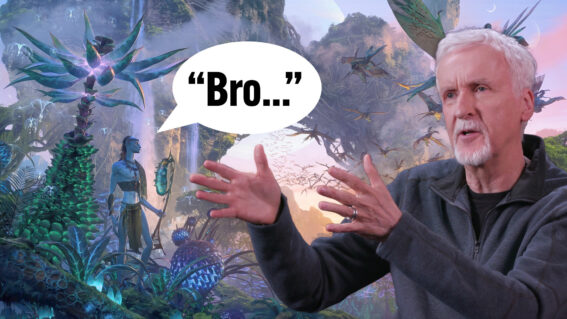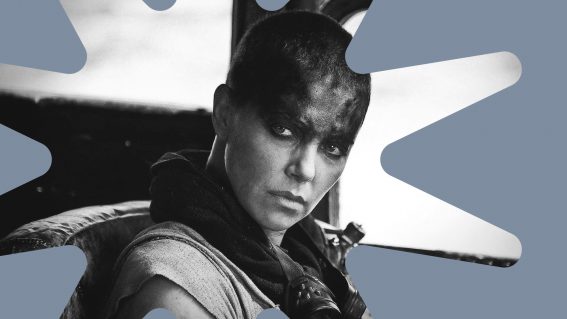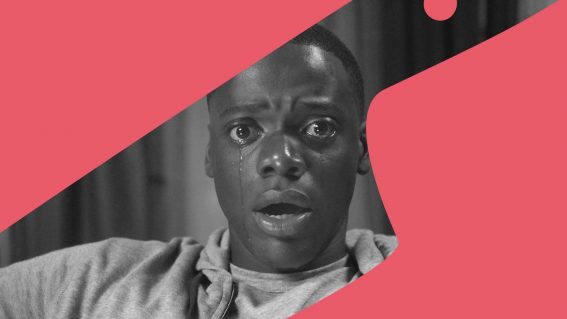Babygirl is just one recent highlight in Nicole Kidman’s commitment to female directors
Since 2017, Nicole Kidman has worked on 27 projects by female directors – including Babygirl.
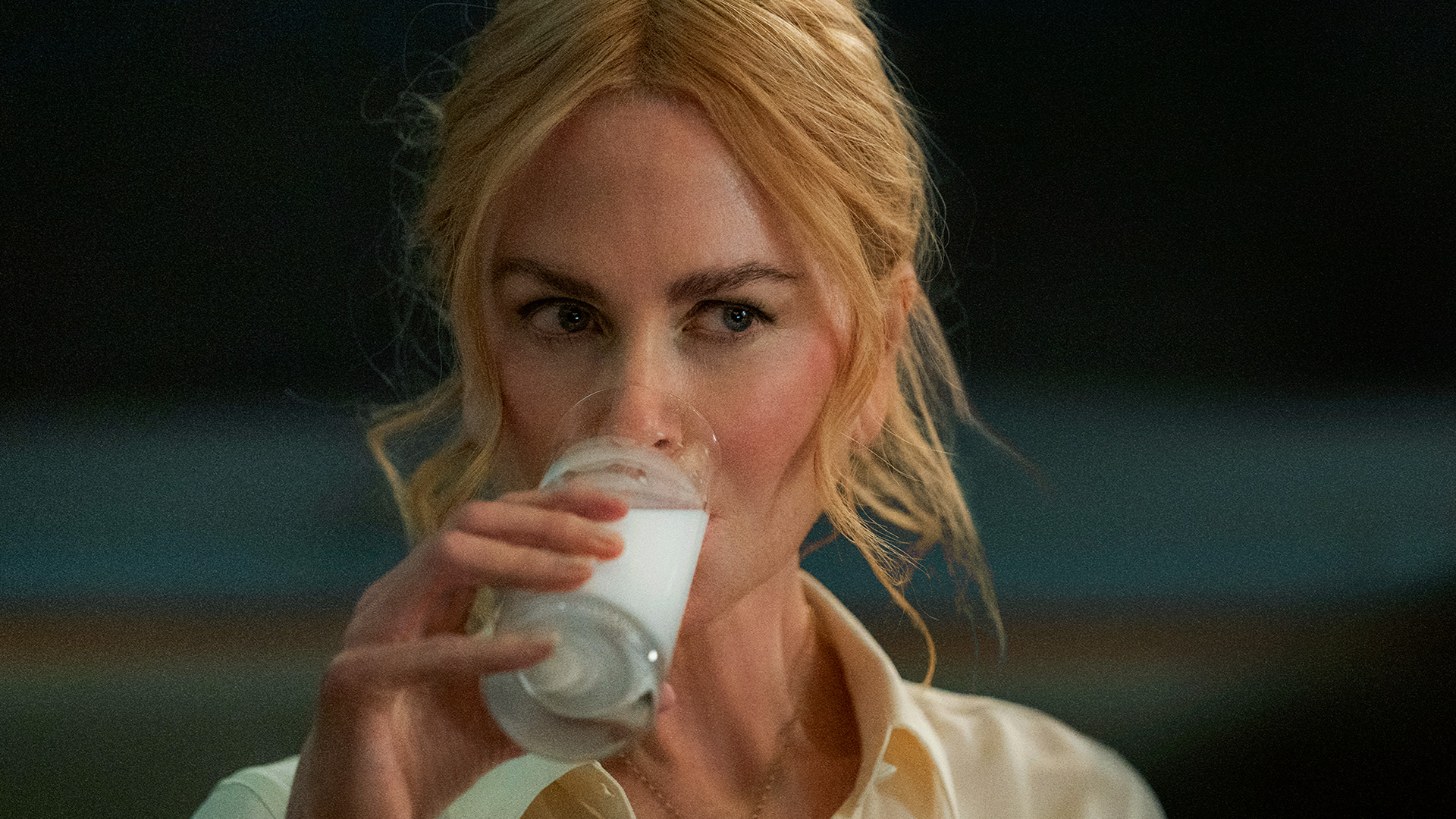
As the gripping, complex (and sexy) Babygirl arrives for streaming on Prime Video, Cat Woods considers how Nicole Kidman has led by example in bringing female filmmakers to the fore in recent years.
Taylor Swift might own musical eras, but in cinematic and small-screen terms, this is The Revolutionary Nicole Kidman Era. Kidman has been evolving, surprising, and sneaking outside of reviewers’ predictable pigeonholes for decades, but in the last eight years, she’s blown off any vestige of doubt over her versatility and adventurousness. Cannes is the latest to recognise her contribution, honouring her with the Women in Motion Award this year.
Her achievements are undoubtedly those of a woman in very swift, and laser-guided, motion. In 2017, Kidman vowed to work with a woman director every 18 months. Since, she’s fulfilled this vow through her roles as producer and actor on 27 projects by a female director (as of May 18, 2025).

Some of those projects are still in the pipeline, including the highly-anticipated Scarpetta, based on Patricia Cornwell’s cult-favourite crime novels, which Kidman is co-producing with Jamie Lee Curtis. While we’re waiting for new Kidman, and as a workaholic, there’s no shortage of new projects with her signature on them, it’s worth viewing, or rewatching, some of her recent starring projects.
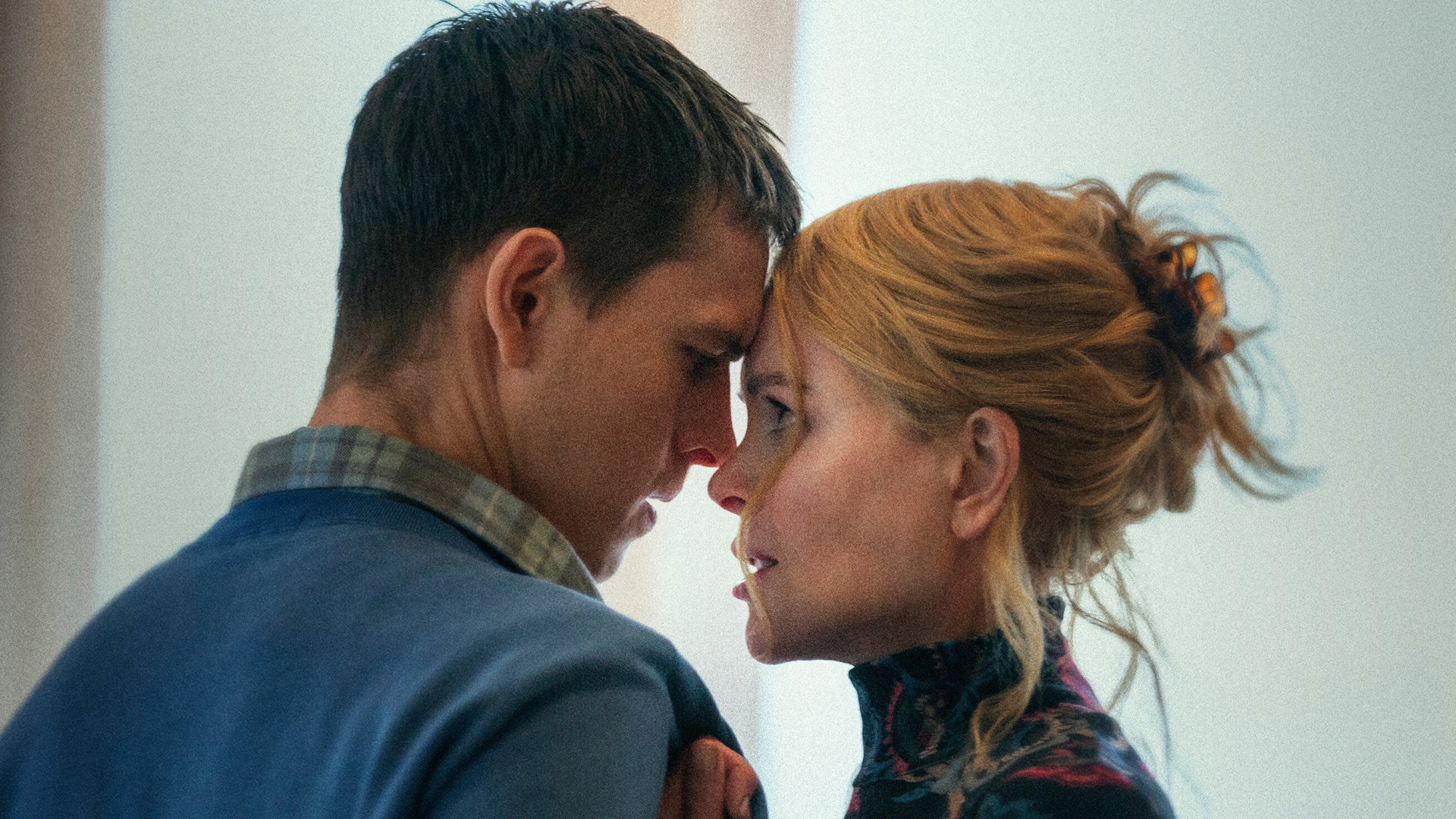
Babygirl
Watch on Prime VideoLet’s start with last year’s Babygirl, which was revelatory. As Romy, the uptight CEO of a startup business, Kidman found her familiar footing as an affluent, repressed woman trying to camouflage a turmoil of emotions and yearning. So far, ticking all the boxes of what we’ve seen from Kidman to date (albeit, wonderfully). However, introduce Harris Dickinson’s young, charming intern bristling with assured sexual swagger and you have filmic dynamite and a curveball for audiences.
Kidman goes beyond what so many actors might be willing to do: she’s vulnerable, literally naked, crying in a muscle-shaking orgasm, begging for a near-stranger to stay loyal to her. It’s humbling for any woman at best, humiliating and crushing in reality.
Babygirl, which is worth a rewatch at any time, any day, was the brainchild of director, writer and producer Halina Rejin. Rejin acutely understands, and depicts, the particular swell of fear, lust, confidence, and incredible rawness of women who are seemingly settled in domestic security but confronting the future of their lives and bodies: eventual retirement, bodily fragility, wrinkles, grey hairs, forgetfulness, and—worst of all—an end to the cliff-jump risks that are only possible right now.
Kidman gets it, and at the same time that her on-screen women are lighting little fires everywhere for thrills, she is fulfilling her own adventurous commitment as an actor and artist.
Related reading:
* Babygirl director interview: Sex, orgasms, erotic thrillers and more
* Destroyer director Karyn Kusama on turning Nicole Kidman into a broken weapon
In December last year, I opined for Flicks that: “Once you get to 40, you’re in a push-and-pull between the woman who focused solely on climbing career ladders, building a legitimate income and material accoutrements and the future you have to prepare for, and all the people and pets you need to take care of as a responsible adult.
And in that period between who you were, and who you could be, exists a massive tension and madness if women are prepared to confront that daunting, wonderful question: what do I really, really want and now that I’ve accomplished so much of what I was taught to succeed in, is this all there is?”
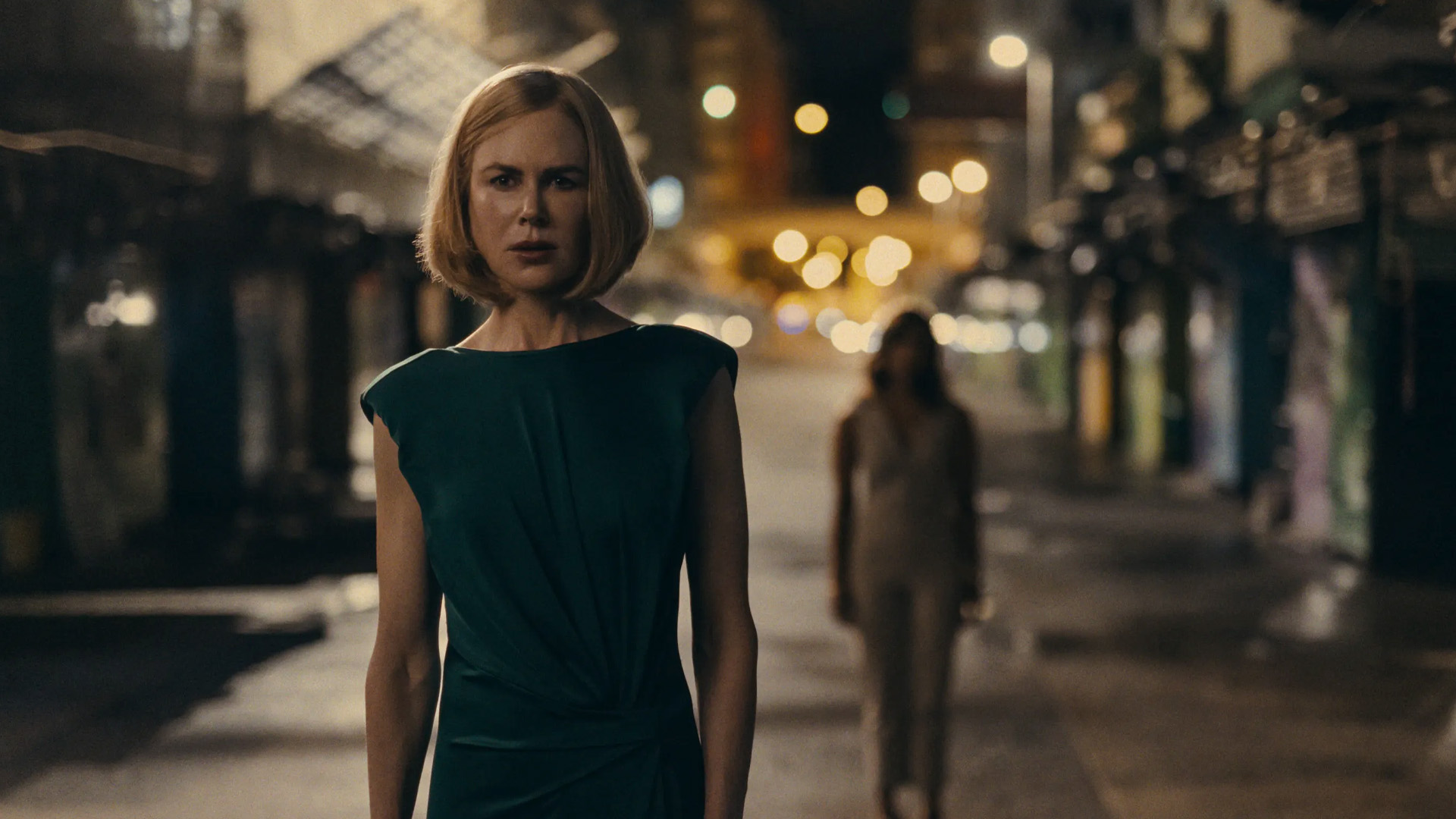
Expats
Watch on Prime VideoTension and madness are writ large in Expats, which is heartbreaking and one of the prime examples of a novel being expertly and carefully translated to screen. As Margaret, the protagonist of Janice Y.K. Lee’s novel The Expatriates, Kidman portrays a woman barely keeping herself above water in a hectic, demanding life. Her anchors have been loosened as an expat in Hong Kong, where the one focus of her life—without work—is her young children.
When her youngest son disappears without explanation while on an outing to a busy Hong Kong market, the devastation threatens to end her life, literally and metaphorically. Lulu Wang expertly directs, with an eagle eye on the beauty and chaos of Hong Kong that is utterly immersive and believable.
Kidman could have called upon all her celebrity powers to attract only the big-name women directors to fulfil her 2017 vow—Jane Campion, Sofia Coppola, Patty Jenkins, and so forth—but she has largely opted for directors who are early in their career (not necessarily young upstarts, though), flying under the Hollywood radar, like Mimi Cave.
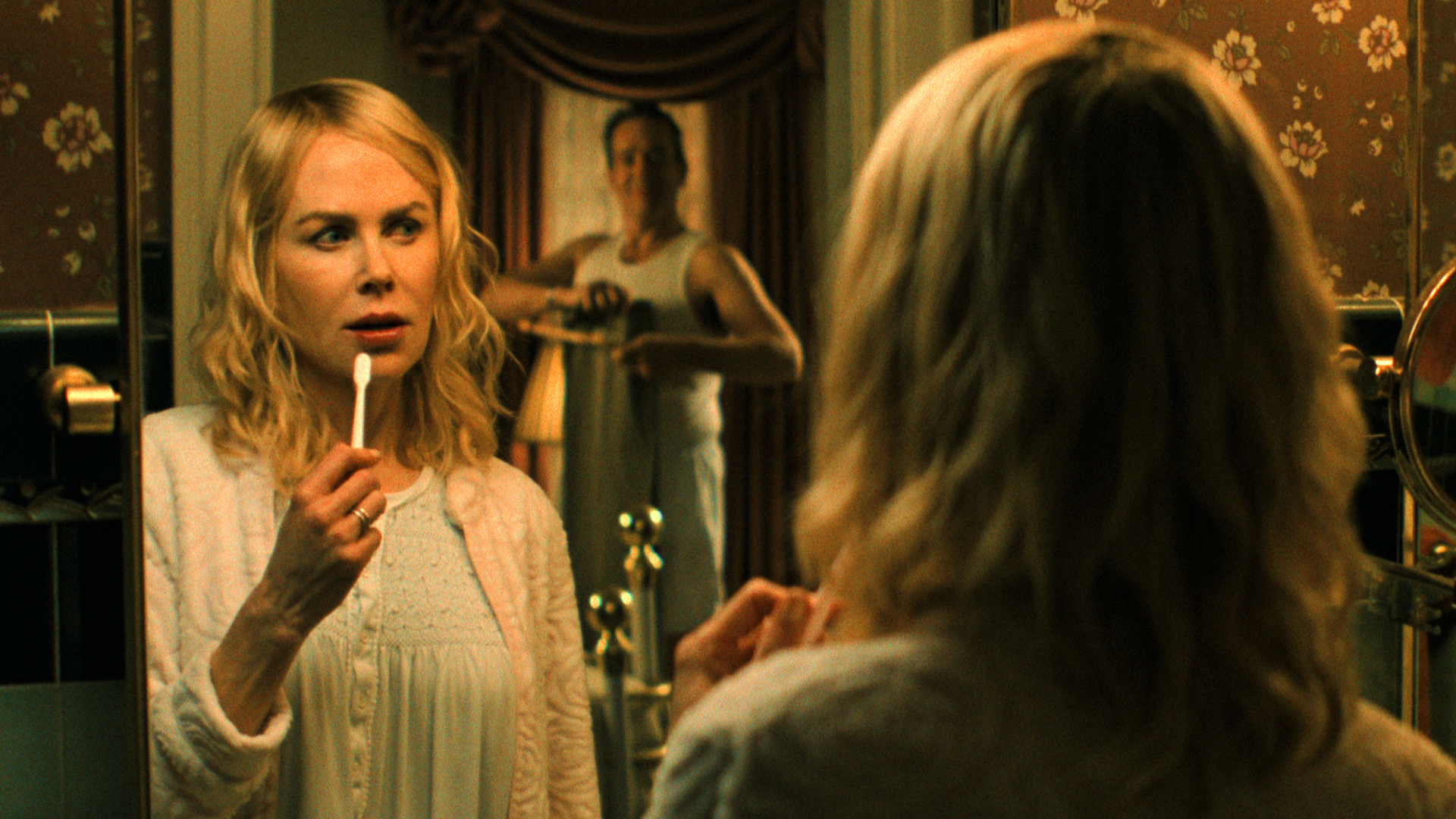
Holland
Watch on Prime VideoAttracting a cast including Kidman, Gael García Bernal and Matthew MacFayden is a pretty incredible coup for any director, let alone for a director with one horror film to their name (Fresh, 2022). But in Cave’s Holland, Kidman is having an absolute riot as she essentially portrays multiple women in the one mysterious character, Nancy (“Nance”).
The central trio of Dave, Fred, and Nance are all in a death dance, skirting an inevitable disaster as they try to unpick what they think they know about each other in a small, closeted American town.
It’s not perfect, but that was always Kidman’s intention. Kidman set out in 2017 with a mission to enable women directors to get the investment, support, marketing and attention they need to pave a road for more women to enter and continue to lead projects. At the time, she explained that the bar for women to leap is higher than it is for men, and she wants women directors to be liberated of the need to make a “perfect” film or series.
Like her elegant, duplicitous, vulnerable, mysterious, compassionate characters, Kidman isn’t portraying perfect women, nor telling perfect, predictable stories. In all her messy, fantastic, complex and unforgettable talent, enjoy The Revolutionary Nicole Kidman Era with some dedicated watching and rewatching time—and long may this era last.










